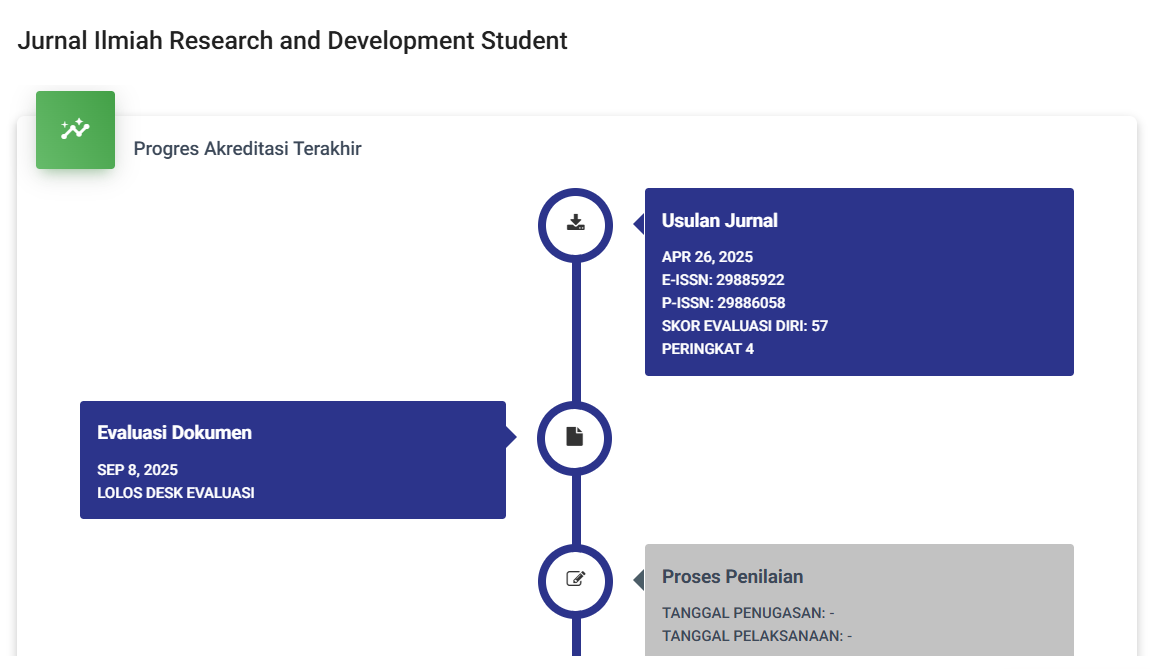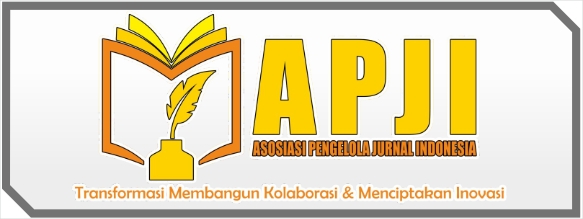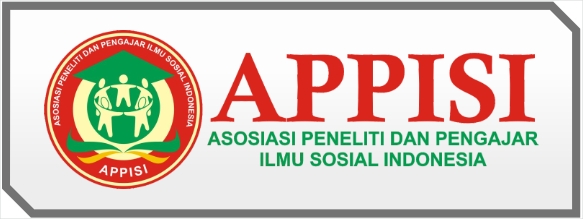Keharusan Baralek Sebagai Syarat Akad Pernikahan Dalam Masyarakat Nagari Sungai Nanam Kab. Solok
DOI:
https://doi.org/10.59024/jis.v2i2.743Abstract
Abstract. Abstract. The research objective in this study is to look at community customs in maintaining the baralek tradition so that the implementation of baralek is used as a condition for marriage contracts in the Sungai Nanam community, Lembah Gumanti District, Solok Regency. Formulation of the problem of how the baralek process is carried out and looking at the necessity of baralek and looking at the impact of Islamic law on the necessity of baralek in the Sungai Nanam community, Lembah Gumanti District, Solok Regency. Type of field research (field research. Data collection techniques through observation, interviews and documentation. The results of this research are: first, the procession for implementing the baralek obligation in the Sungai Nanam community was initially carried out with manyilau, after that the procession of proposing marriage, mahanta siriah, balatak tando, new marriage contract Entering the baralek procession, the factors that require the implementation of baralek are customs, social status, economics and education. According to traditional Islamic law, the requirement to carry out baralek as a condition of the marriage contract in the Nanam River community is included in the category that is more detrimental because after the implementation of baralek there is a debt that must be incurred. paid by the family and the bride and groom can be classified as 'urf-fasid if it is done excessively.
References
Abidin, Z. (2020). Uang Panggilan: Media Pertukaran Sosial Dan Tolong Menolong Dalam.
Hadikusuma, H. (2007). Hukum Perkawinan Indonesia Menurut Perundangan Hukum Adat, Hukum Agama,. CV Mandur Maju.
Huda, Y. (2008). Islamic Law Versus Adat: Debate About Inheritence Law and The Rise of Capitalism in Minangkabau. Indonesian Journal For Islamic Studies, Vol.15, No.
Marpi, Y. (2020). Keabsahan Hukum Pernikahan Tanpa Adanya Walimatul Ursy Dimasa Kahar Pandemi Covid-19. As-Syar’i.
Meleong, L. J. (2010). Metodologi Penelitian Kualitatif. PT. Remaja Rosda Karya.
Musyafah, & Ayu, A. (2020). Perkawinan dalam Perspektif Filosofis Hukum Islam. Jurnal Crepido, Vol 2 Nomo.
Nurhikma. (2019). Walimahtul Ursy dalam Perspektif Hukum Islam. UIN Alaiddin.
Setiady, T. (2009). Intisari Hukum Adat Indonesia (Dalam Kajian Kepustakaan). Alfabeta.
Setyawati, S. (2006). Dari PendalamanMinangkabau Kepelosok Mentawai Perempuan, Politik dan Pemberdayaan Masyarkat Adat. Andalas University Press.
Syarifuddin, A. (2007). Hukum Perkawinan Islam di Indonesia. Pernada Media.
Downloads
Published
Issue
Section
License
Copyright (c) 2024 JURNAL ILMIAH RESEARCH AND DEVELOPMENT STUDENT

This work is licensed under a Creative Commons Attribution-ShareAlike 4.0 International License.




















